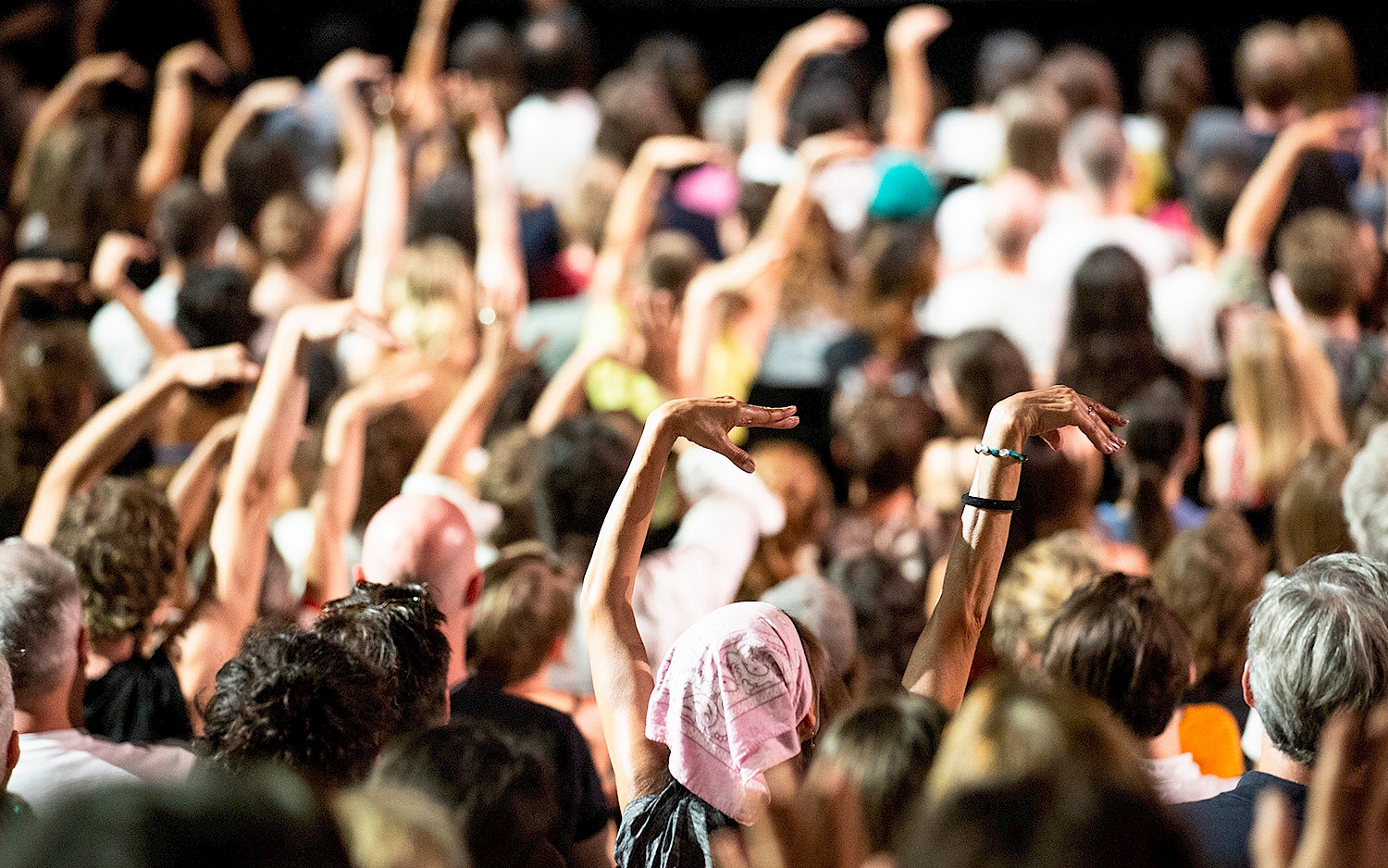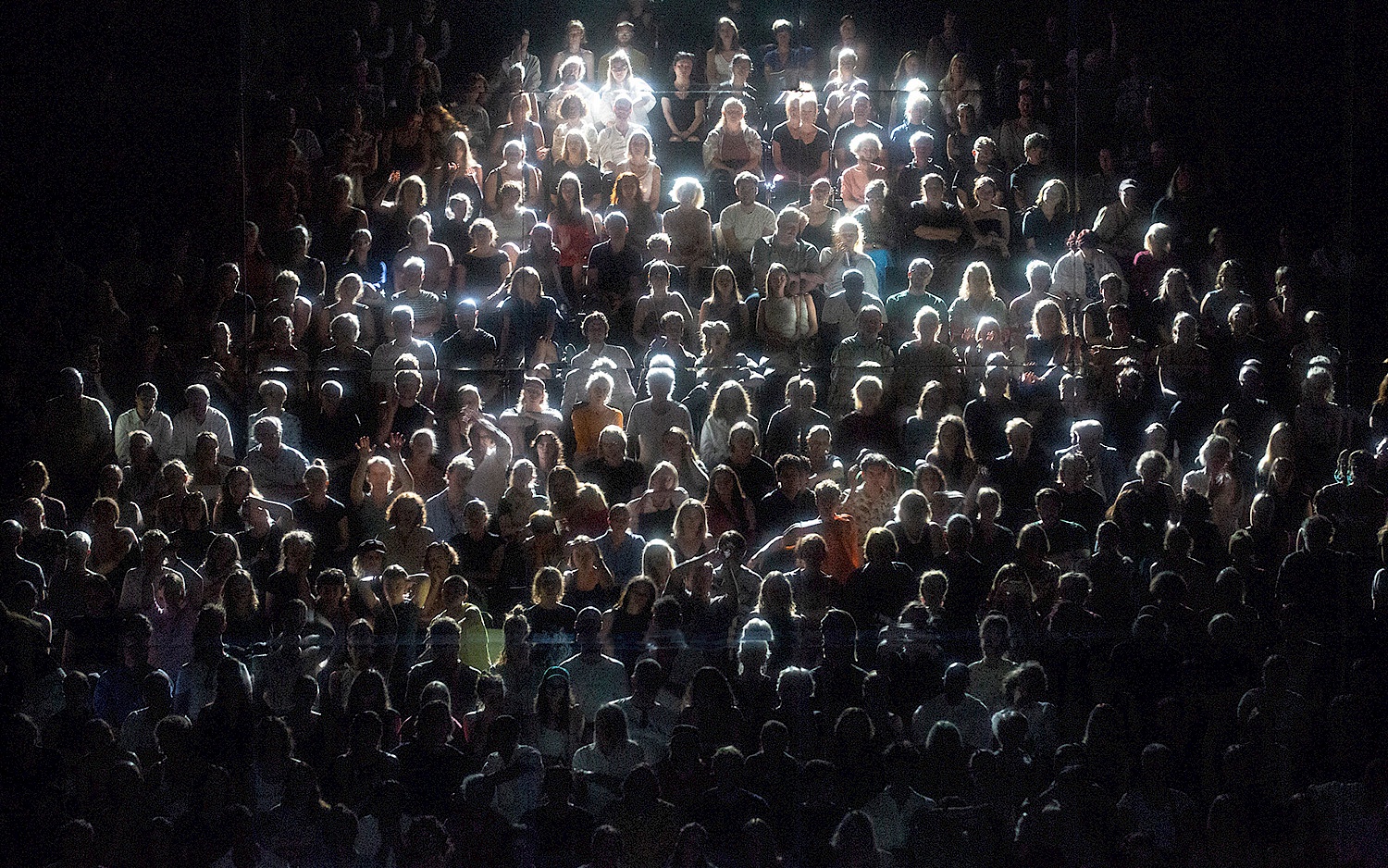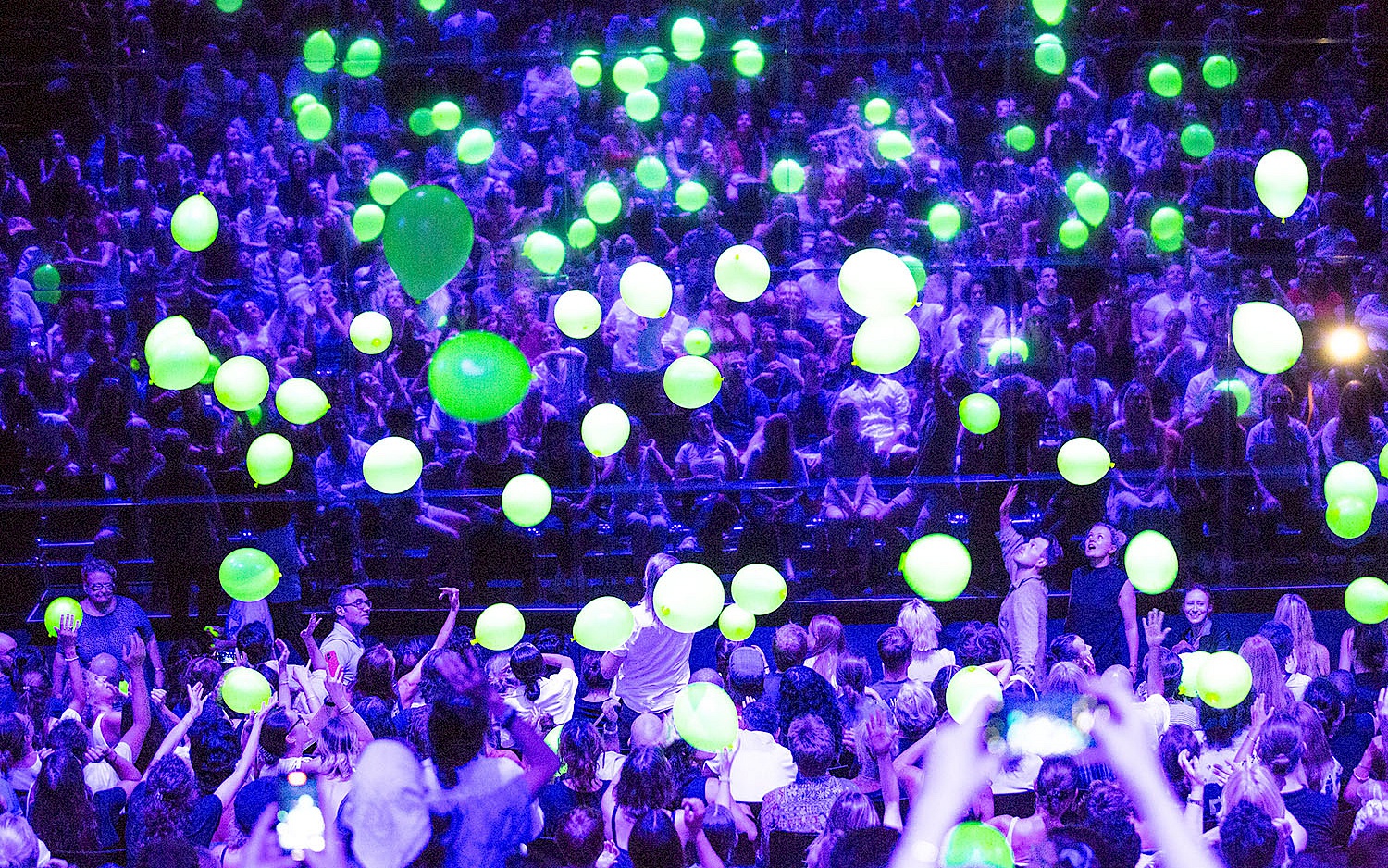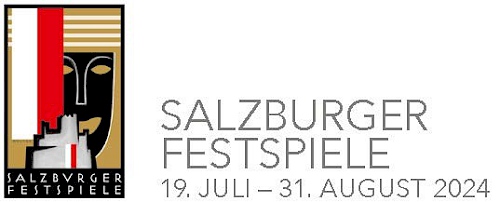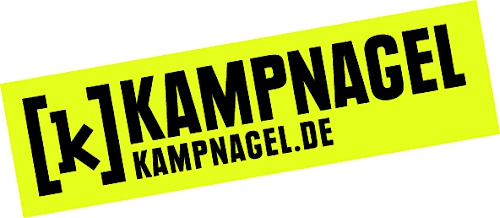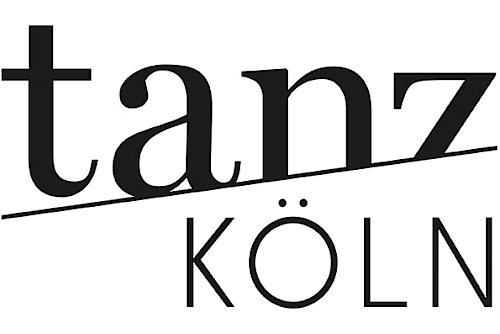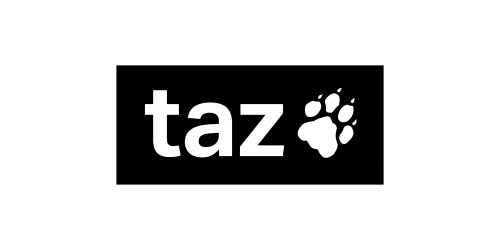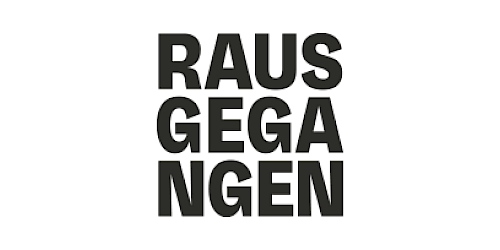‘Spiegelneuronen’ by Stefan Kaegi
A documentary dance evening with an audience by Sasha Waltz & Guests with Rimini Protokoll
Performance / Tanz
Ticket Prices
40 Euro reduced 32 Euro
30 Euro reduced 24 Euro
22 Euro reduced 18 Euro
15 Euro reduced 12 Euro
Ticket Prices
40 Euro reduced 32 Euro
30 Euro reduced 24 Euro
22 Euro reduced 18 Euro
15 Euro reduced 12 Euro
Ticket Prices
40 Euro reduced 32 Euro
30 Euro reduced 24 Euro
22 Euro reduced 18 Euro
15 Euro reduced 12 Euro
Ticket Prices
40 Euro reduced 32 Euro
30 Euro reduced 24 Euro
22 Euro reduced 18 Euro
15 Euro reduced 12 Euro
Emotions, laughter and yawning are contagious. The reason for this phenomenon is the so-called mirror neurons in the brain, the mechanism of which was discovered in the early 1990s and can provide a key to explaining empathy and mutual understanding.
„Spiegelneuronen“ is an invitation to an ‘embodied contemplation’ on the relationship between the individual and society: The documentary dance evening by Stefan Kaegi/ Rimini Protokoll in cooperation with Sasha Waltz & Guests is an experiment, in every performance anew. The audience is an essential part of the experiment: Guests are invited not just to watch the development of dancerly movement but also to move themselves, to operate as active parts of a shared system from their seats and experience themselves as part of a kind of large brain.
The auditorium as the main place of action: A mirror is installed where the stage would be. It not only reflects the dancers but also – like a gigantic selfie – the entire auditorium with the audience. In dialogue with the dancers, the audience becomes central to the movements and not only experiences itself through the “embodiment” of complex images but also contributes to the choreography of the group. Through the mirror, spectators observe themselves and others as they watch the experiment at the centre of which they are sitting.
The documentary research for this evening draws on concepts from neuroscience, biology, sociology and artificial intelligence, which the audience both hears and encounters as a sound collage – maybe even anticipates or tries to evade.
„Spiegelneuronen” is the first collaboration of Sasha Waltz & Guests and the documentary theatre label Rimini Protokoll. Coming from very different backgrounds, both artistic ensembles are interested in the unconventional use of spaces and interdisciplinary working methods. Together with dancers from Sasha Waltz & Guests and the audience, Stefan Kaegi now explores the relationship between the individual and society using the medium of dance in front of a big mirror. Following “remains” by Andrew Schneider in 2020, the dance company is thus continuing its openness to new approaches and its interest in artistic research and cross-genre collaboration with international artists in order to expand its repertoire.
Cast
Concept and direction
Stefan Kaegi (Rimini Protokoll)
Dramaturgy
Silke Bake
Music
Tobias Koch
Scenography
Dominic Huber
Video
Mikko Gaestel
Light Design
Martin Hauk
Costume Design
Sandra Tiersch
Rehearsal Direction
Claudia de Serpa Soares
Dance Sasha Waltz & Guests
Melissa Kieffer
Dominique McDougal
Francisco Martinez
Orlando Rodriguez
László Sandig
Claudia de Serpa Soares
Wibke Storkan
With the voices of
Christina von Braun (emeritierte Professorin, Kulturwissenschaftlerin, Gendertheoretikerin, Filmemacherin)
John-Dylan Haynes (Professor für Hirnforschung an der Charité)
Sarah Karim (Wissenschaftliche Mitarbeiterin am Institut für Rehabilitationswissenschaften)
Tim Landgraf (Professor für künstliche und kollektive Intelligenz)
Nora Schultz (Wissenschaftliche Referentin Deutscher Ethikrat, freie Wissenschaftsjournalistin)
Tania Singer (Professorin für Psychologie und Soziale Neurowissenschaften)
Biographien
Stefan Kaegi (Konzept und Regie) inszeniert in verschiedensten Konstellationen dokumentarische Theaterstücke, Hörspiele und Stadtrauminszenierungen, die oft wirtschaftliche Verflechtungen auf eine menschliche Komponente herunterbrechen. So tourte Kaegi mit zwei bulgarischen Lastwagenfahrern und einem umgebauten LKW durch die Welt, inszenierte in „Heuschrecken“ 10.000 Insekten und in „Granma“ vier kubanische Enkelkinder der sogenannt revolutionären Generation. Am Théâtre Vidy in Lausanne inszenierte Kaegi „Nachlass“ mit Menschen, die nicht mehr lange zu leben haben, in „Uncanny Valley“ die lebensgroße Kopie des Schriftstellers Thomas Melle als Humanoiden. Seine Audiotour „Remote X“ wurde für Städte wie Los Angeles, Santiago de Chile oder Taipei immer wieder ortsspezifisch adaptiert. Zurzeit ist im Hamburger Schauspielhaus seine „Société Anonyme“ zu sehen. Gemeinsam mit Caroline Barneaud kuratiert er performative Land-Art zu „Shared Landscapes“ in periurbanen Landschaften.
Gemeinsam mit Helgard Haug und Daniel Wetzel arbeitet Kaegi unter dem Label Rimini Protokoll, das 2011 mit dem silbernen Löwen für Theater an der Biennale in Venedig ausgezeichnet wurde. So inszenierte Rimini Protokoll das Multi-Player-Video-Stück „Situation Rooms“ über den globalen Waffenhandel oder das kleine transportable Gesellschaftsspiel „Hausbesuch Europa“. Im Hamburger Schauspielhaus war die Simulation einer „Weltklimakonferenz“ zu sehen. In Zürich „Weltzustand Davos“. In Städten wie Montréal, São Paulo und Hong Kong inszenierte Rimini Protokoll „100% Stadt“ mit 100 nach statistischen Kriterien ausgewählten Vertreter*innen ihrer Stadt. In Manchester und Lausanne komponierte Rimini Protokoll die Stadtbegehung „Utopolis“ für 48 tragbare Lautsprecher. Unter dem Titel Staat 1-4 entwickelte das Regie-Label eine Tetralogie zu Phänomenen der Post-Demokratie. Fürs Museum entwickelten die drei immersive Kunstinstallationen wie „win<>win“ mit lebenden Quallen oder die begehbare Filmarchitektur „Urban Nature“. Und für die Bühne die Versuchsanordnung „Konferenz der Abwesenden“.
Die Tanzkompanie Sasha Waltz & Guests wurde 1993 von Sasha Waltz und Jochen Sandig in Berlin gegründet. Bis heute haben zahlreiche Künstler*innen und Ensembles aus den Bereichen Architektur, Bildende Kunst, Choreografie, Film, Design, Literatur, Mode und Musik aus mehr als 60 Ländern als Gäste an über 100 Produktionen, „Dialoge“-Projekten und Filmen mitgewirkt. Seit der Gründung ist Sasha Waltz & Guests an über 300 internationalen Veranstaltungsorten und auf Festivals in mehr als 50 Ländern und 180 Städten aufgetreten. Im Jahr 2013 wurde das Ensemble zum „Kulturbotschafter der Europäischen Union“ ernannt und 2014 mit dem „george tabori ehrenpreis“ des Fonds Darstellende Künste ausgezeichnet. Neben der Repertoirepflege und dem aktiven Spielbetrieb ist Sasha Waltz & Guests mit der Kinder- und Jugendtanzcompany und verschiedenen Angeboten im Bereich der Wissensvermittlung im Bereich „Education & Community“ aktiv. Mit der Arbeit „In C“, basierend auf Terry Rileys gleichnamiger offener Komposition, entwickelt sich seit Frühjahr 2021 ein System mit einer international wachsenden Community und vielfältigen, nachhaltigen und partizipativen „In C“-Projekten weltweit. Sasha Waltz & Guests wird gefördert von der Senatsverwaltung für Kultur und gesellschaftlichen Zusammenhalt.
Please note that bright lights will be used at times during the performance. ‘Spiegelneuronen’ is a participatory theatre experience. There may be times when you are in close proximity to your neighbours. When purchasing a ticket, individual seats can be booked on the edge. This limited offer is aimed specifically at people who find physical proximity to other people problematic. All spectators are visible in the mirror - especially in the seats in the 1st row.
Credits
A production by Sasha Waltz & Guests in collaboration with Rimini Protokoll. A co-production with the Salzburg Festival, Tanz Köln and Kampnagel - International Centre for Fine Arts.
Media partnerships: The Berliner, Rausgegangen, taz. die tageszeitung, tip Berlin.
Emotions, laughter and yawning are contagious. The reason for this phenomenon is the so-called mirror neurons in the brain, the mechanism of which was discovered in the early 1990s and can provide a key to explaining empathy and mutual understanding.
„Spiegelneuronen“ is an invitation to an ‘embodied contemplation’ on the relationship between the individual and society: The documentary dance evening by Stefan Kaegi/ Rimini Protokoll in cooperation with Sasha Waltz & Guests is an experiment, in every performance anew. The audience is an essential part of the experiment: Guests are invited not just to watch the development of dancerly movement but also to move themselves, to operate as active parts of a shared system from their seats and experience themselves as part of a kind of large brain.
The auditorium as the main place of action: A mirror is installed where the stage would be. It not only reflects the dancers but also – like a gigantic selfie – the entire auditorium with the audience. In dialogue with the dancers, the audience becomes central to the movements and not only experiences itself through the “embodiment” of complex images but also contributes to the choreography of the group. Through the mirror, spectators observe themselves and others as they watch the experiment at the centre of which they are sitting.
The documentary research for this evening draws on concepts from neuroscience, biology, sociology and artificial intelligence, which the audience both hears and encounters as a sound collage – maybe even anticipates or tries to evade.
„Spiegelneuronen” is the first collaboration of Sasha Waltz & Guests and the documentary theatre label Rimini Protokoll. Coming from very different backgrounds, both artistic ensembles are interested in the unconventional use of spaces and interdisciplinary working methods. Together with dancers from Sasha Waltz & Guests and the audience, Stefan Kaegi now explores the relationship between the individual and society using the medium of dance in front of a big mirror. Following “remains” by Andrew Schneider in 2020, the dance company is thus continuing its openness to new approaches and its interest in artistic research and cross-genre collaboration with international artists in order to expand its repertoire.
Cast
Concept and direction
Stefan Kaegi (Rimini Protokoll)
Dramaturgy
Silke Bake
Music
Tobias Koch
Scenography
Dominic Huber
Video
Mikko Gaestel
Light Design
Martin Hauk
Costume Design
Sandra Tiersch
Rehearsal Direction
Claudia de Serpa Soares
Dance Sasha Waltz & Guests
Melissa Kieffer
Dominique McDougal
Francisco Martinez
Orlando Rodriguez
László Sandig
Claudia de Serpa Soares
Wibke Storkan
With the voices of
Christina von Braun (emeritierte Professorin, Kulturwissenschaftlerin, Gendertheoretikerin, Filmemacherin)
John-Dylan Haynes (Professor für Hirnforschung an der Charité)
Sarah Karim (Wissenschaftliche Mitarbeiterin am Institut für Rehabilitationswissenschaften)
Tim Landgraf (Professor für künstliche und kollektive Intelligenz)
Nora Schultz (Wissenschaftliche Referentin Deutscher Ethikrat, freie Wissenschaftsjournalistin)
Tania Singer (Professorin für Psychologie und Soziale Neurowissenschaften)
Biographies
Stefan Kaegi (Konzept und Regie) inszeniert in verschiedensten Konstellationen dokumentarische Theaterstücke, Hörspiele und Stadtrauminszenierungen, die oft wirtschaftliche Verflechtungen auf eine menschliche Komponente herunterbrechen. So tourte Kaegi mit zwei bulgarischen Lastwagenfahrern und einem umgebauten LKW durch die Welt, inszenierte in „Heuschrecken“ 10.000 Insekten und in „Granma“ vier kubanische Enkelkinder der sogenannt revolutionären Generation. Am Théâtre Vidy in Lausanne inszenierte Kaegi „Nachlass“ mit Menschen, die nicht mehr lange zu leben haben, in „Uncanny Valley“ die lebensgroße Kopie des Schriftstellers Thomas Melle als Humanoiden. Seine Audiotour „Remote X“ wurde für Städte wie Los Angeles, Santiago de Chile oder Taipei immer wieder ortsspezifisch adaptiert. Zurzeit ist im Hamburger Schauspielhaus seine „Société Anonyme“ zu sehen. Gemeinsam mit Caroline Barneaud kuratiert er performative Land-Art zu „Shared Landscapes“ in periurbanen Landschaften.
Gemeinsam mit Helgard Haug und Daniel Wetzel arbeitet Kaegi unter dem Label Rimini Protokoll, das 2011 mit dem silbernen Löwen für Theater an der Biennale in Venedig ausgezeichnet wurde. So inszenierte Rimini Protokoll das Multi-Player-Video-Stück „Situation Rooms“ über den globalen Waffenhandel oder das kleine transportable Gesellschaftsspiel „Hausbesuch Europa“. Im Hamburger Schauspielhaus war die Simulation einer „Weltklimakonferenz“ zu sehen. In Zürich „Weltzustand Davos“. In Städten wie Montréal, São Paulo und Hong Kong inszenierte Rimini Protokoll „100% Stadt“ mit 100 nach statistischen Kriterien ausgewählten Vertreter*innen ihrer Stadt. In Manchester und Lausanne komponierte Rimini Protokoll die Stadtbegehung „Utopolis“ für 48 tragbare Lautsprecher. Unter dem Titel Staat 1-4 entwickelte das Regie-Label eine Tetralogie zu Phänomenen der Post-Demokratie. Fürs Museum entwickelten die drei immersive Kunstinstallationen wie „win<>win“ mit lebenden Quallen oder die begehbare Filmarchitektur „Urban Nature“. Und für die Bühne die Versuchsanordnung „Konferenz der Abwesenden“.
Die Tanzkompanie Sasha Waltz & Guests wurde 1993 von Sasha Waltz und Jochen Sandig in Berlin gegründet. Bis heute haben zahlreiche Künstler*innen und Ensembles aus den Bereichen Architektur, Bildende Kunst, Choreografie, Film, Design, Literatur, Mode und Musik aus mehr als 60 Ländern als Gäste an über 100 Produktionen, „Dialoge“-Projekten und Filmen mitgewirkt. Seit der Gründung ist Sasha Waltz & Guests an über 300 internationalen Veranstaltungsorten und auf Festivals in mehr als 50 Ländern und 180 Städten aufgetreten. Im Jahr 2013 wurde das Ensemble zum „Kulturbotschafter der Europäischen Union“ ernannt und 2014 mit dem „george tabori ehrenpreis“ des Fonds Darstellende Künste ausgezeichnet. Neben der Repertoirepflege und dem aktiven Spielbetrieb ist Sasha Waltz & Guests mit der Kinder- und Jugendtanzcompany und verschiedenen Angeboten im Bereich der Wissensvermittlung im Bereich „Education & Community“ aktiv. Mit der Arbeit „In C“, basierend auf Terry Rileys gleichnamiger offener Komposition, entwickelt sich seit Frühjahr 2021 ein System mit einer international wachsenden Community und vielfältigen, nachhaltigen und partizipativen „In C“-Projekten weltweit. Sasha Waltz & Guests wird gefördert von der Senatsverwaltung für Kultur und gesellschaftlichen Zusammenhalt.
Related

